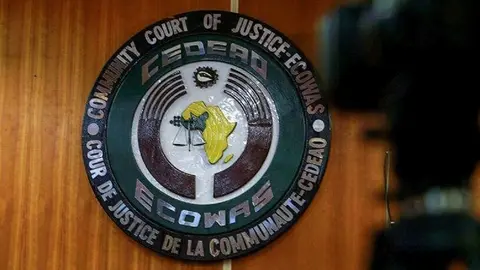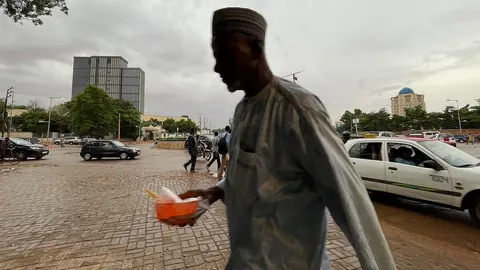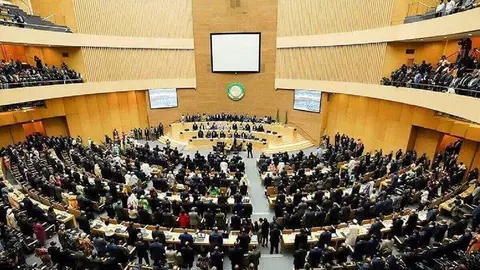ECOWAS warns of using force in Niger if diplomacy fails

Leaders of the Economic Community of West African States (ECOWAS) have met again to try to find a solution to the current crisis in Niger. Once again, the African body has put on the table the possibility of military intervention in the Sahelian country in order to restore order after the coup d'état against President Mohamed Bazoum.
"Let no one be in any doubt that if all else fails, the brave forces of West Africa are ready to answer the call of duty," said Ecowas Commissioner for Political Affairs, Peace and Security Abdel-Fatau Musah at the extraordinary summit in Ghana, reports France24.
At last week's session in Nigeria, ECOWAS agreed on the "immediate activation" of its standby forces, but also stressed the importance of diplomacy in order to achieve a peaceful solution. Diplomacy remains ECOWAS' main option, despite the firm and defiant stance of Niger's new coup leaders, who have even announced a new government and threatened to assassinate Bazoum.
"The aim of our meeting is not simply to react to events, but to proactively chart a course that will lead to peace and support stability," explained Nigeria's chief of staff, General Christopher Gwabin Musa, in statements reported by the French media. "Democracy is what we defend and support," he added.

However, if diplomacy fails, ECOWAS leaders will be forced to take more drastic measures against Niger. "By all available means, constitutional order will be restored in the country," said Abdel-Fatau Musah.
Although in recent weeks some member countries of the bloc have expressed their rejection of a possible military intervention, according to ECOWAS, most of its member states are ready to participate in a possible military intervention in Niger.
For its part, the African Union (AU) Peace and Security Council (PSC) has rejected a military intervention in Niger, a source from the organisation told EFE news agency. Despite this, Abdel-Fatau Musah has assured that ECOWAS works in coordination with the United Nations, and therefore does not need the PSC's approval to find a solution to the crisis.
Nigerian coup leaders have again expressed their disapproval of a possible military intervention against the country, stressing that such a move would be an "illegal and senseless aggression". In the event of such a military operation, the Nigerian army has announced an "immediate response" against the intervention.
Since the coup against Bazoum, the danger posed to the entire region by destabilisation in Niger, a country that in the past has had to deal with the spread of jihadism, has become clear. In recent days, the country has experienced a new surge in terrorist attacks.

On Tuesday alone, at least 17 Nigerien soldiers were killed and 20 others wounded in an attack in the southwest of the country. In this regard, the European Union's High Representative for Foreign Policy, Josep Borrell, recalled that "the restoration of constitutional order is the only way to re-establish security in a country very weakened by the attempted coup d'état".











